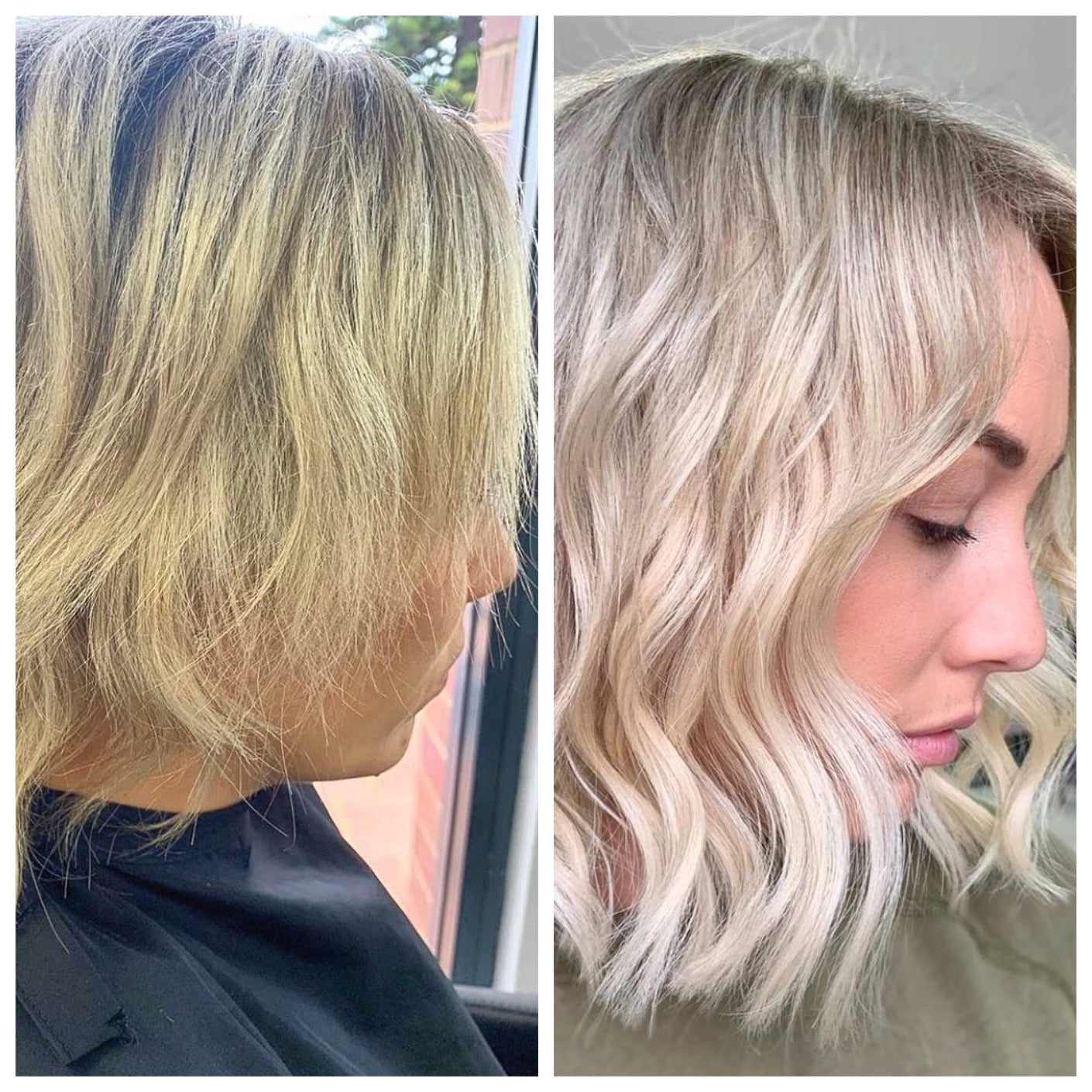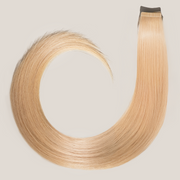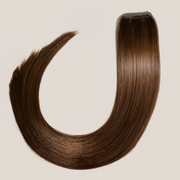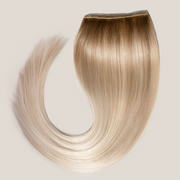Stressed, Losing Your Hair? What You Can Do About It!
Is Stress Causing Your Hair Loss? Here's What You Can Do
Does your hair appear to be thinning? Do you sit at your desk and notice strands falling onto your keyboard? Stress is often such a common part of our lives that we forget the impact it can have on our overall wellbeing.
One of the most common results of chronic stress is a condition called telogen effluvium, a temporary form of hair loss.
What Causes Stress-Related Hair Loss?
There are several types of stress—short-term and chronic—and they can be either physical or emotional. While a fight with a partner or getting pulled over can raise your blood pressure, it’s usually long-term stress that affects your body most.
If you notice excessive shedding, it's important to consult your doctor. They can rule out other underlying conditions that may be contributing to your hair loss.
Pregnancy & Postpartum Hair Loss
During pregnancy, many women experience thicker, longer hair due to hormonal changes and prenatal vitamins. After childbirth, however, hormone levels drop significantly, leading to temporary hair loss.
The good news is that postpartum hair loss usually resolves itself within a few months. Continue taking your prenatal vitamins and eat a balanced diet to support hair regrowth. If you're feeling self-conscious, try temporary clip-in hair extensions for added volume and confidence.
Hair Loss from Restrictive Diets
A crash diet or one lacking key nutrients—like iron, zinc, amino acids, and B vitamins—can trigger hair loss.
Your first step should be to speak to a medical professional. Then, work on restoring a balanced, nutrient-rich diet. Hair regrowth takes time, so be patient. You can also add a high-quality multivitamin to support recovery.
If the hair loss affects your self-esteem, consider glue-in or sew-in extensions as a temporary fix while your natural hair recovers.
Chronic Stress & Anxiety
Studies show that chronic stress and anxiety can have a major impact on physical health—including triggering telogen effluvium.
Focus on stress-reducing practices such as therapy, exercise, meditation, or journaling. Until the root cause of stress is addressed, hair loss may continue.
If your hair loss is affecting your confidence, there are temporary styling options to help you feel more like yourself while you heal.
Steps to Support Hair Recovery

- Take a multivitamin that supports hair growth.
- Avoid using heat styling tools frequently.
- Skip heavy gels or products that can weigh hair down.
- Hold off on colouring until your hair recovers.
Healing From the Inside Out
Taking time to decompress is essential. Meditation, breathwork, talk therapy, and self-care are all great ways to improve mental health and reduce the physical symptoms of stress.
Remember, most cases of stress-related hair loss are temporary. With the right lifestyle adjustments and medical support, your hair can grow back stronger than ever.




